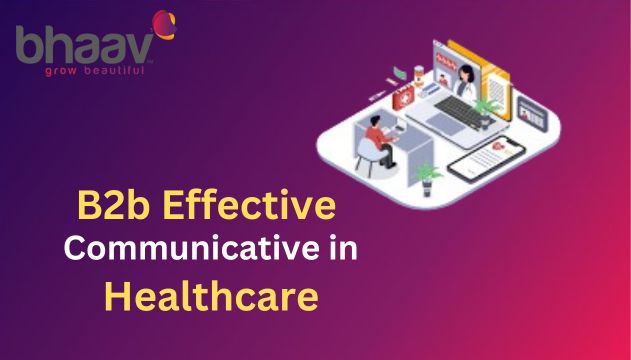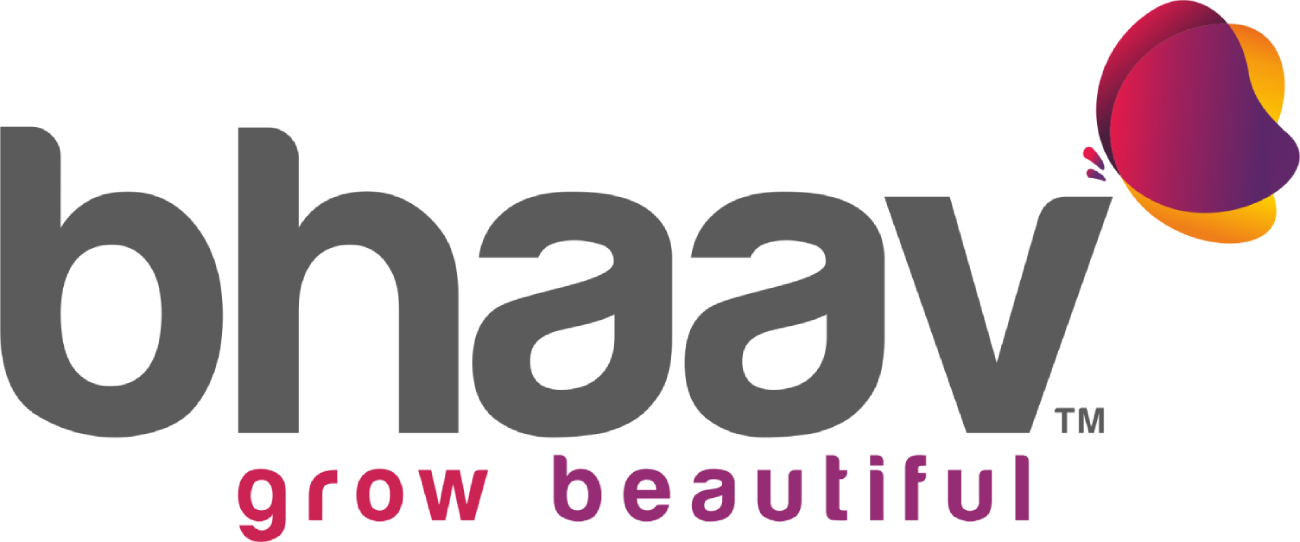
B2B Effective Communications in Healthcare
In the rapidly evolving realm of B2B marketing, effective communication is paramount. Advancements in technology have heightened the significance of delivering genuine value over superficial gimmicks, rendering marketing endeavors more engaging and purposeful.
Unique Challenges in Healthcare Marketing
Healthcare marketing encounters unique hurdles. Assessing the efficacy of marketing efforts is vital in gauging success. Ultimately, effective healthcare marketing hinges on a deep comprehension of the industry and strategic methods to engage stakeholders while upholding compliance standards and building trust.
The Shift in Marketing Dynamics
In today’s highly segmented market, relying solely on catchy slogans and flashy visuals is a thing of the past; standing out now demands fluency in the language of business. This means understanding your audience’s unique needs, crafting personalized messages, and building trust through transparent, data-driven storytelling. It’s about navigating a complex terrain, choosing the right communication channels, and fostering collaboration. Get ready to explore strategies that not only ensure effective B2B communication but also nurture partnerships and drive profitability.
Understanding the Marketing Mix
Product
In B2B healthcare marketing, the term “product” includes not just physical items, but also services, technologies, and solutions provided by healthcare providers, pharmaceutical firms, medical device makers, and others. These products can range from medical devices and drugs to software and consulting services. It’s vital to grasp the details of these offerings, their features, benefits, and how they address the needs of healthcare businesses for effective communication and marketing plans.
Price
In B2B healthcare marketing, pricing strategies are intricate and involve various factors such as production costs, competition, regulations, and customer perception of value. Pricing goes beyond just money and includes aspects like patient outcomes and efficiency. Communicating pricing strategies effectively means showing the value of the product or service compared to its cost, and how it meets the needs and budget of healthcare businesses.
Place
In B2B healthcare marketing, “place” means how products and services reach businesses. This includes managing supply chains, partnerships with distributors, and using digital platforms for delivery. Good communication about “place” means making sure products are accessible, reliable, and delivered efficiently. It also involves providing information and support to make transactions smooth and delivery of healthcare products and services seamless.
Promotion
Promotion in B2B healthcare marketing encompasses strategically communicating product offerings, value propositions, and brand messages to healthcare businesses. This involves tailored advertising, public relations, sales promotions, direct marketing, and digital tactics aimed at reaching key decision-makers within healthcare organizations. Successful promotion in healthcare demands an understanding of the industry’s unique challenges, regulations, and decision-making processes. It also entails fostering trust, credibility, and relationships through transparent communication, evidence-based messaging, and targeted outreach.
By focusing on product, price, place, and promotion customized to the needs of healthcare businesses, marketers can develop effective communication strategies that drive engagement, foster partnerships, and ultimately contribute to improved healthcare outcomes.
Tips for B2B Communication
Understanding Your Audience
Different stakeholders in healthcare, such as doctors, researchers, and hospital buyers, have distinct priorities and concerns. Identify your audience and understand their challenges. What are their main concerns? What evidence do they need to trust your solutions?
Transparency and Integrity
Be honest and transparent in your communication. Address any limitations openly and demonstrate how you safeguard patient data. Provide real-world examples and let patients share their experiences. Building trust is essential for fostering strong partnerships.
Craft Compelling Narratives
While facts are important, stories resonate on a deeper level. Share real-life examples of how your product has positively impacted people. Use data to reinforce your message, but don’t forget the human aspect.
Utilize the Right Channels
Don’t just broadcast your message blindly. Engage with your target audience on relevant platforms such as websites, articles, and online communities. Collaborate with other businesses and leverage satisfied customers to spread the word.
Embrace Collaboration
Communication should be a two-way street. Seek feedback, collaborate with partners on projects, and be open to different perspectives. Collaboration leads to innovative solutions that benefit everyone involved.
Continual Learning and Adaptation
Healthcare is an ever-evolving field, so it’s crucial to remain flexible and open to change. Experiment with new approaches, stay informed about industry trends, and adapt your strategies to stay ahead of developments.
Effective B2B communication in healthcare requires a deep understanding of industry dynamics, compliance standards, and audience needs. By leveraging the marketing mix and implementing tailored strategies, businesses can foster meaningful connections, drive engagement, and ultimately improve healthcare outcomes.
What role does data play in effective B2B communication?
In the realm of B2B communication within the healthcare sector, data plays an indispensable role, guiding strategies and directing towards successful outcomes. Its significance in enhancing B2B communication effectiveness is multifaceted. Firstly, data serves as the foundation for informed decision-making by providing valuable insights into market trends, customer preferences, and industry dynamics. Through meticulous analysis of relevant data sets, businesses can devise targeted communication strategies tailored to resonate deeply with their intended audience. Whether discerning the demand for specific healthcare products or identifying emerging opportunities, data empowers businesses to make evidence-based decisions that produce tangible results.
Secondly, in the highly regulated and complex realm of healthcare, maintaining credibility is paramount. Data acts as a crucial validation tool, bolstering the claims and assertions made by businesses. Whether validating the efficacy of a medical device, showcasing the clinical outcomes of a treatment, or affirming the performance of a healthcare solution, data furnishes tangible evidence to substantiate these claims. This not only instills confidence among potential clients but also bolsters the overall credibility of the brand.
Thirdly, as one-size-fits-all communication strategies prove ineffective in the diverse landscape of B2B healthcare, data emerges as a powerful tool for tailoring messages to specific audience needs. Recognizing the varied needs, preferences, and pain points of different stakeholders, businesses leverage data to segment their audience effectively and customize their messages accordingly. By harnessing demographic, behavioral, and psychographic data, businesses craft personalized communication that resonates with each target segment, addressing the concerns of healthcare providers, administrators, or procurement officers. Data-driven insights ensure that messages are not only relevant but also compelling and impactful, ultimately contributing to the success of B2B communication strategies in the healthcare industry.
